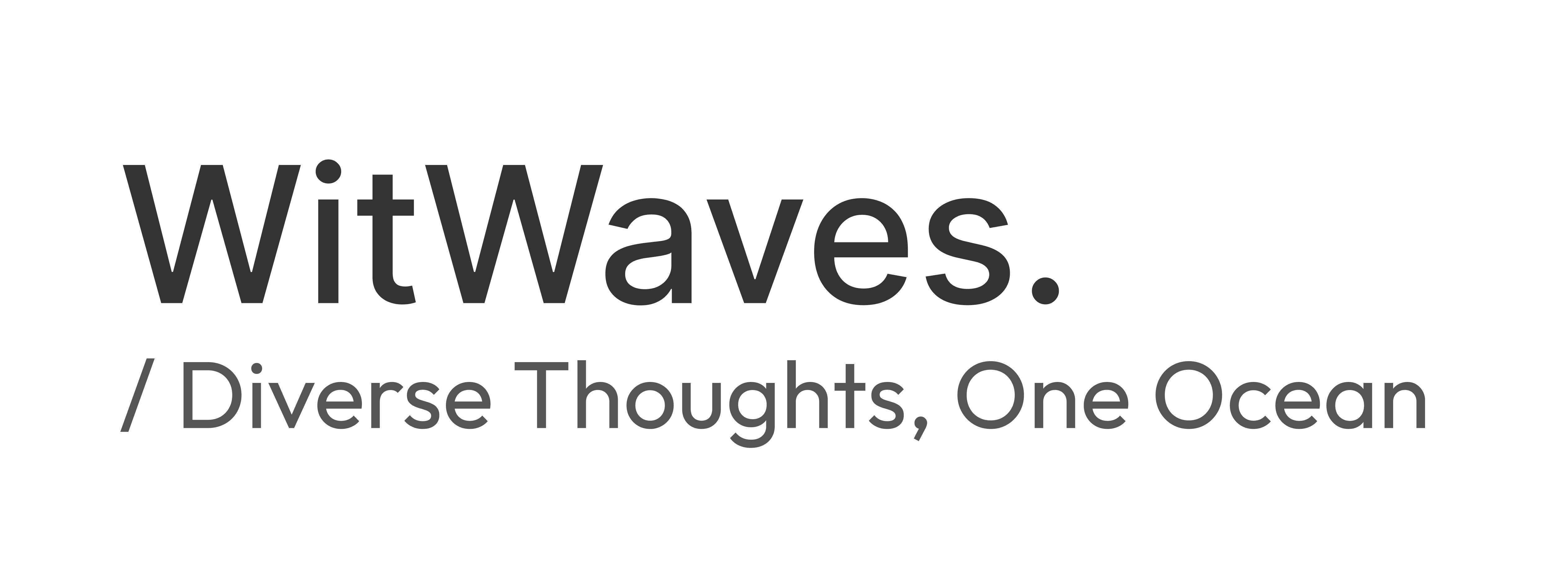The rapid adoption of AI tools especially among power users in technology, education, and business has sparked a growing debate: Is our dependence on AI making us less intelligent?
While AI undoubtedly boosts efficiency and productivity, emerging research warns of potential cognitive side effects, particularly a decline in independent reasoning, memory retention, and problem-solving skills.
Key Findings from Recent Studies
1. Decline in Critical Thinking and Independent Reasoning
Multiple studies show a negative correlation between frequent AI use and critical-thinking abilities. Users heavily reliant on AI assistants often accept outputs without questioning them, weakening their capacity for independent analysis.
A 2025 MIT study revealed that participants using AI extensively for writing tasks displayed weaker brain connectivity, lower memory recall, and an impaired ability to complete tasks unaided. Alarmingly, these effects persisted even after they stopped using the tools.
2. Cognitive Offloading and Memory Decline
Cognitive offloading letting machines handle our mental workload, isn’t new. But with AI, this delegation has reached new heights. While offloading can free up mental space for complex thinking, overuse diminishes our memory and problem-solving effort. In academic settings, students who leaned on AI for assignments consistently scored lower on exams requiring independent recall and reasoning than their peers who used AI more sparingly.
3. Reduced Engagement and Motivation
The ease and speed of AI often breed “automation complacency” - a lowered motivation to fully engage with tasks. As trust in AI grows, some users put in less effort, resulting in poorer decision-making and weakened creative or strategic thinking.
Surveys show that knowledge workers increasingly skip deep work, assuming “AI will handle it,” leaving them less prepared for situations requiring original thought or judgment.
4. Not All Users Are Equally Affected
Interestingly, the negative cognitive impact of AI is more pronounced among younger users and those with less educational experience. Those with strong foundational knowledge are better positioned to use AI as a complement, not a replacement for their thinking.
Is AI Making Power Users “Stupider”?
The evidence suggests that, yes, power users who heavily rely on AI may face a measurable decline in critical cognitive skills. But that doesn’t mean AI is inherently harmful.
The real issue isn’t the tool, but how we use it. AI can be a powerful force for augmenting human intelligence, but when used as a mental shortcut for everything, it erodes the very skills it was meant to support.
Recommendations for Smarter AI Use
- Balance automation with active effort: Let AI handle routine tasks, but reserve judgment, creativity, and strategy for yourself.
- Stay critically engaged: Don’t blindly accept outputs but question, verify, and refine them.
- Strengthen your cognitive core: Continue to practice memory, reasoning, and problem-solving outside of AI contexts.
- Promote digital literacy: Encourage training programs that help users develop responsible, mindful AI habits.
Conclusion
AI is reshaping how we think, work, and learn. While its benefits are undeniable, unchecked overuse can dull essential human faculties. As power users, we face a choice: let AI think for us, or use it to think better.
In the end, the smartest users won’t be those who automate everything, but those who know when not to.


Discussion
Start the conversation
No comments yet
Be the first to share your thoughts on this article. Your insights could spark an interesting discussion!